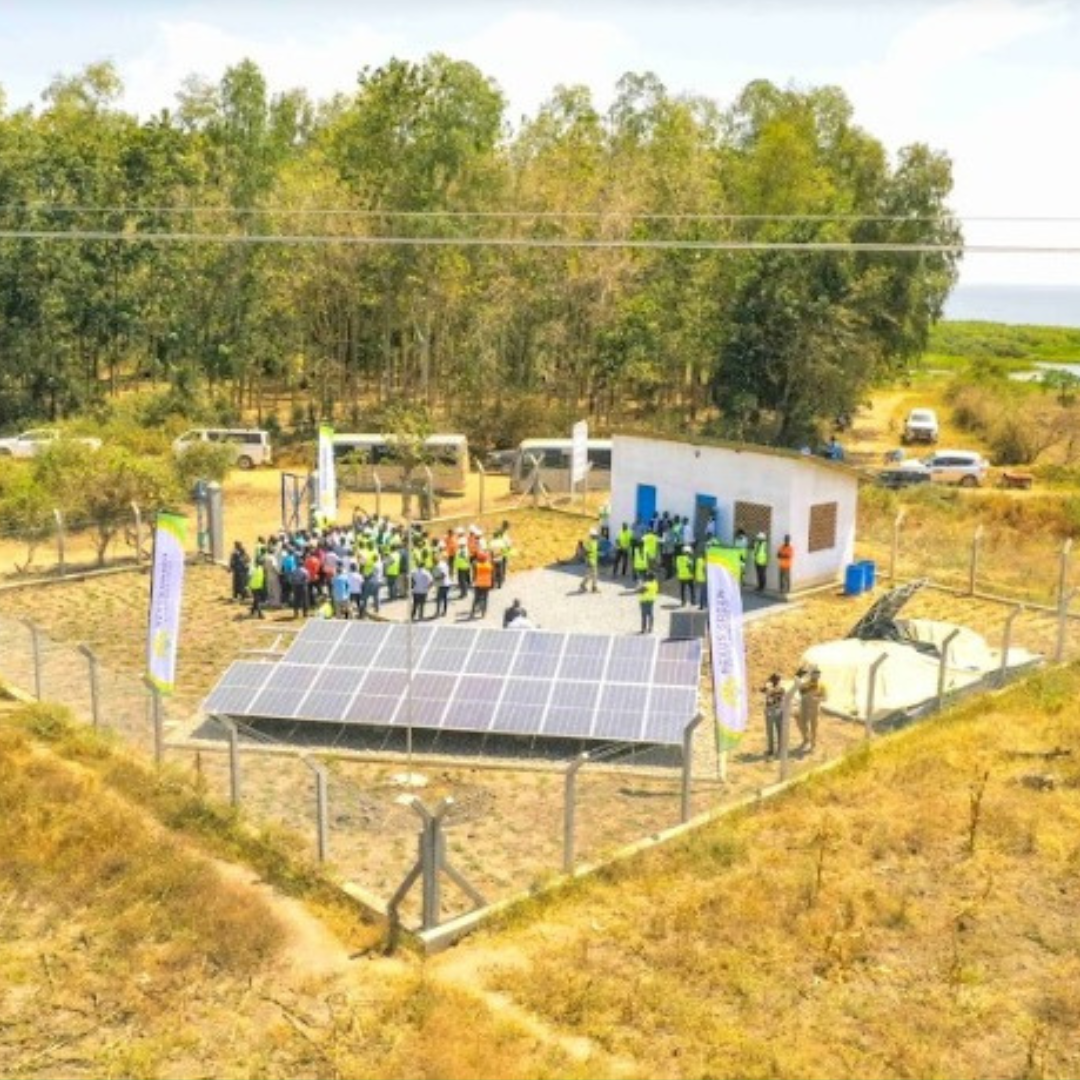As the world shifts towards renewable energy sources, solar power has emerged as one of the most promising options. Solar panels are at the forefront of this revolution, harnessing the sun’s energy and converting it into electricity. When it comes to solar panels, two main types dominate the market: thin film and silicon solar panels. In this blog, we will explore the differences between these two technologies and shed light on why Nexus Green Solar solutions are the ideal partner to guide you towards the best solar panel solution for your needs.
Thin Film Solar Panels:
Thin film solar panels are a relatively newer technology that uses a different approach compared to traditional silicon panels. They are made by depositing a thin layer of photovoltaic material onto a substrate such as glass, plastic, or metal. This material can be amorphous silicon, cadmium telluride (CdTe), copper indium gallium selenide (CIGS), or other emerging thin film materials.
Advantages of Thin Film Solar Panels:
- Cost-Effectiveness: Thin film panels have lower production costs due to their simpler manufacturing process. This makes them a more affordable option for large-scale installations.
- Flexible Design: Thin film panels are lightweight and flexible, allowing for easier integration into various applications such as curved surfaces or building-integrated photovoltaics.
- Low Light Performance: Thin film panels perform better than silicon panels in low-light conditions, making them suitable for areas with less sunlight or partially shaded environments.
Silicon Solar Panels:
Silicon solar panels, also known as crystalline silicon panels, are the most commonly used solar panels in the industry. They are made using silicon wafers, which are cut from a large silicon crystal. There are two types of silicon panels: monocrystalline and polycrystalline.
Advantages of Silicon Solar Panels:
- Efficiency: Silicon panels have higher efficiency rates compared to thin film panels, meaning they can convert a higher percentage of sunlight into electricity.
- Durability and Longevity: Silicon panels have a longer lifespan and better resistance to environmental factors, ensuring reliable performance over the years.
- Established Technology: Silicon panels have been in use for decades, and their technology is well-developed and widely understood. This translates into a more mature market and easier access to support and maintenance.
Why Choose Nexus Green Solar Solutions:
Nexus Green Solar Solutions stands out as a trusted partner in the solar industry. Here’s why they are your go-to resource for the best solar panel solutions:
- Expertise and Guidance: Nexus Green Solar Solutions has a team of knowledgeable experts who understand the intricacies of both thin film and silicon panels. They will assess your specific requirements and guide you towards the most suitable option for your energy needs.
- Customized Solutions: Nexus Green Solar Solutions offers customized solar panel solutions tailored to your preferences, budget, and energy goals. Whether you require a large-scale installation or a smaller scaled business, they will design a system that maximizes efficiency and cost-effectiveness.
- Quality and Reliability: Nexus Green Solar Solutions partners with reputable manufacturers to ensure the highest quality solar panels. Their commitment to reliability and performance guarantees that you’ll receive a solar solution built to last.
Choosing between thin film and silicon solar panels depends on various factors such as cost, efficiency, flexibility, and performance in different environmental conditions. Nexus Green Solar Solutions can assist you in making an informed decision by assessing your specific needs and providing a customized solar panel solution. Whether you opt for the cost-effectiveness of thin film panels or the efficiency of silicon panels, Nexus Green Solar Solutions will be there to guide you towards a sustainable and reliable energy future.






Comments